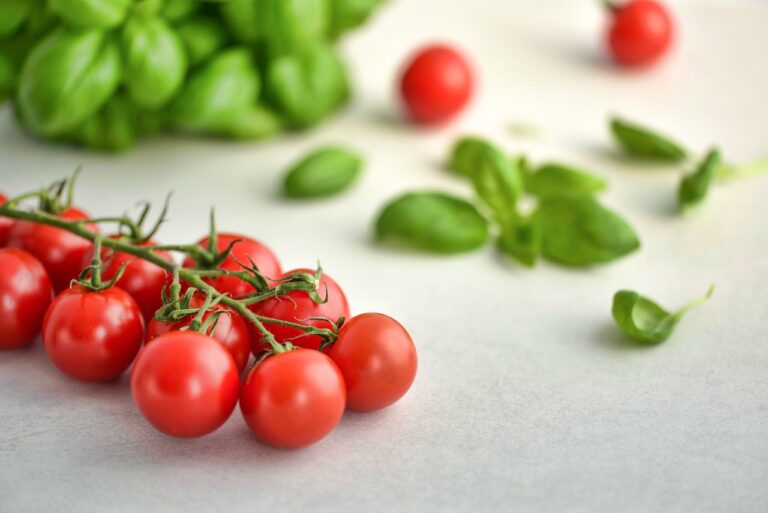Plant-Based Meat Alternatives: The Future of Protein Consumption
Plant-based meat alternatives have gained attention for their positive impact on the environment. By reducing the demand for animal agriculture, these products help lower greenhouse gas emissions, land and water usage, and deforestation. This shift towards plant-based proteins can contribute to mitigating climate change and preserving natural resources.
Furthermore, the production of plant-based meat substitutes generally requires less energy and generates fewer pollutants compared to traditional meat products. With the rising concern for sustainability among consumers, choosing plant-based alternatives can be a greener choice that aligns with environmental goals. As more people choose plant-based options, the overall environmental footprint of the food industry could potentially be reduced.
The Nutritional Benefits of Choosing Plant-Based Proteins
Plant-based proteins offer a wide array of essential nutrients that are vital for overall health. Legumes, nuts, seeds, and grains are excellent sources of protein while also providing fiber, vitamins, and minerals. These plant-based options can help individuals meet their daily protein requirements as part of a balanced diet.
Additionally, plant-based proteins are often lower in saturated fats and cholesterol compared to animal-based proteins. By incorporating more plant-based proteins into one’s diet, individuals can potentially reduce their risk of heart disease and other chronic conditions. Choosing plant-based proteins can be a flavorful and nutritious way to support overall well-being.
The Rise in Popularity of Plant-Based Meat Alternatives
The shift towards plant-based meat alternatives has been steadily increasing in recent years, driven by a growing awareness of sustainability and health concerns. Consumers are becoming more conscious of the impact of animal agriculture on the environment and are actively seeking out alternatives that are more eco-friendly. This has led to a surge in demand for plant-based meat substitutes, with many people incorporating them into their diets as a way to reduce their carbon footprint and promote ethical eating habits.
In addition to environmental considerations, the rise in popularity of plant-based meat alternatives can also be attributed to the expanding variety and improved taste and texture of these products. As more companies invest in research and development to create delicious plant-based options, consumers are finding that they no longer have to sacrifice taste for their values. Innovations in plant-based protein sources have paved the way for a new generation of meat substitutes that closely mimic the flavor and mouthfeel of traditional animal products, making it easier for individuals to make the transition to a more plant-based diet.
What is driving the rise in popularity of plant-based meat alternatives?
The increasing awareness of the environmental impacts of animal agriculture, as well as the health benefits of plant-based proteins, are major factors contributing to the popularity of plant-based meat alternatives.
Are plant-based meat alternatives better for the environment?
Yes, plant-based meat alternatives have a lower environmental footprint compared to traditional animal-based meats. They require less water, land, and produce fewer greenhouse gas emissions.
What are some nutritional benefits of choosing plant-based proteins?
Plant-based proteins are usually lower in saturated fats and cholesterol, and higher in fiber and essential nutrients. They can help improve heart health, aid in weight management, and reduce the risk of chronic diseases.
Are plant-based meat alternatives suitable for vegetarians and vegans?
Yes, plant-based meat alternatives are completely plant-based and therefore suitable for vegetarians and vegans. They provide a meat-like texture and taste without the use of any animal products.
How can I incorporate plant-based meat alternatives into my diet?
Plant-based meat alternatives can be used in place of traditional meats in a variety of dishes such as burgers, tacos, stir-fries, and pasta sauces. They are versatile and can be easily incorporated into your favorite recipes.







